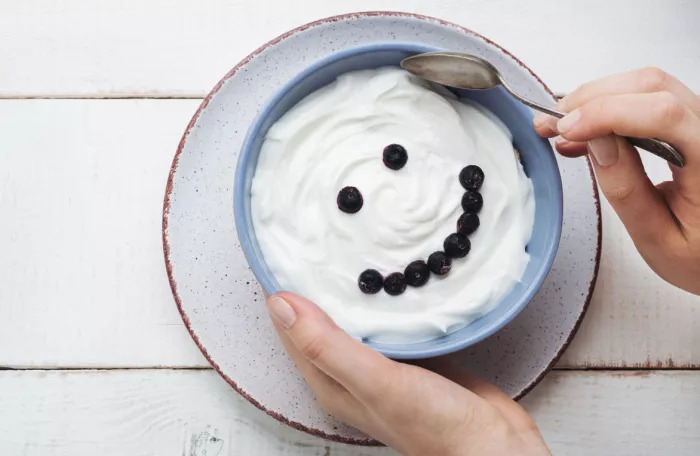Probiotics have been linked to numerous health benefits, including improved digestion and immune function. However, recent studies have also shown that probiotics may play a role in mental health and mood regulation. In this blog, we’ll explore the role of probiotics in mental health and mood regulation.
The Gut-Brain Connection
The gut and the brain are connected by a network of neurons, known as the enteric nervous system. This connection is commonly referred to as the gut-brain axis. The gut-brain axis plays a crucial role in the regulation of mood and mental health. Studies have shown that imbalances in the gut microbiome can lead to the development of mental health disorders such as anxiety and depression.
How Probiotics Can Impact Mental Health
Probiotics can impact mental health in a variety of ways. Here are a few of the ways that probiotics can help:
Production of Neurotransmitters
Probiotics can help to produce neurotransmitters, which are essential for regulating mood. For example, probiotics can produce serotonin, which is a neurotransmitter that is involved in the regulation of mood.
Reduction of Inflammation
Probiotics can help to reduce inflammation in the gut, which has been linked to the development of mental health disorders. Chronic inflammation can lead to the development of anxiety and depression.
Regulation of Stress Hormones
Probiotics can help to regulate stress hormones, such as cortisol. Studies have shown that probiotics can help to reduce cortisol levels, which can lead to reduced stress and improved mental health.
Improved Sleep
Probiotics can help to improve sleep, which is essential for good mental health. Studies have shown that probiotics can help to increase the production of melatonin, which is a hormone that regulates sleep.
The Best Probiotics for Mental Health
Not all probiotics are created equal when it comes to mental health. Here are a few of the best probiotics for mental health:
Lactobacillus rhamnosus
Lactobacillus rhamnosus is a probiotic that has been shown to help with anxiety and depression. Studies have shown that this probiotic can reduce anxiety-like behavior and improve depressive symptoms.
Bifidobacterium longum
Bifidobacterium longum is a probiotic that has been shown to help with stress and anxiety. Studies have shown that this probiotic can reduce stress and improve anxiety-like behavior.
Lactobacillus helveticus
Lactobacillus helveticus is a probiotic that has been shown to help with depression. Studies have shown that this probiotic can reduce depressive symptoms and improve mood.
How to Incorporate Probiotics into Your Diet
There are many ways to incorporate probiotics into your diet. Here are a few tips:
Eat Fermented Foods
Fermented foods are an excellent source of probiotics. Some of the best options include yogurt, kefir, sauerkraut, kimchi, and kombucha.
Take a Probiotic Supplement
If you’re unable to get enough probiotics from your diet, consider taking a probiotic supplement. There are many different types of probiotic supplements available, so be sure to choose one that’s right for you.
Look for Probiotic-Rich Foods
Many foods are now fortified with probiotics, including some types of bread and cereal. Look for foods that are labeled as containing probiotics.
Conclusion
Probiotics can play a role in mental health and mood regulation by producing neurotransmitters, reducing inflammation, regulating stress hormones, and improving sleep. By incorporating probiotics into your diet, you can help to support good mental health and enjoy improved overall wellbeing.






